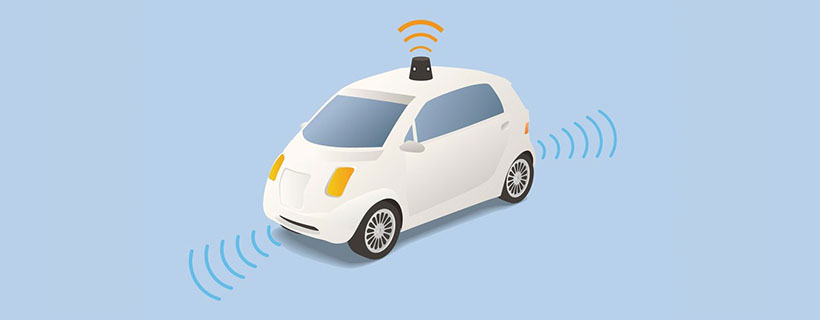The Loup Frontier Tech Index tracks the performance of publicly-traded companies that influence the future of technology including AI, robotics, autonomous vehicles, computer perception, and virtual and augmented reality. We will be publishing periodic pieces to highlight specific companies in the index and their impact on frontier tech.
Apple is in talks to acquire the autonomous vehicles startup Drive.ai, according to a report from The Information. We summarized our take on the implications here. The news has renewed interest in and speculation about the emergence of self-driving cars and who the major beneficiaries will be.
Most of the big tech companies have self-driving projects — Google (Waymo), Baidu, Apple, and others — but these projects are buried under much larger businesses, unable to move the needle for investors in the near-term.
The following companies in the Loup Frontier Tech Index fall within the Autonomous Vehicles category and represent concentrated exposure to self-driving cars and autonomous systems more broadly.
- Fabrinet: The connected, autonomous vehicles of the future from passenger cars to drones will require a complete reworking of basic systems like lighting, infotainment, telematics, and security. Fabrinet, which manufactures components like optical sensors, lasers, cameras, ECUs, and steering systems, will benefit from a boom in demand for a new generation of automotive components.
- Geely: Geely is China’s largest private automaker, owning brands like Lynk & Co, Proton, Lotus, Emgrand, and Volvo. Beijing has laid out an initiative under which half of all new vehicles must have some level of autonomous driving by 2020, so the company has been making massive investments in technology, recently opening a new research center in Germany. As of April, Geely had sold 450,000 cars with automated driving functions, which puts them in the lead among their Chinese peers in the adoption of AVs.
- Tesla: In April, Tesla held an investor day to outline their plans for autonomy, which we summarized here. In short: Tesla plans to own and operate a fleet of self-driving “robotaxis.” Tesla owners will be allowed to add their personal vehicles to the fleet once full autonomy is widely enabled. However, we caution that autonomy will take longer than Tesla thinks. The initial rollout of these vehicles will likely be 1-3 years later than the company’s end of 2020 target.
Other publicly traded companies in the autonomous vehicle space include Blackberry, Denso, Aptiv, Veoneer, Visteon, Livent, Fabrinet, Daimler. These stocks are included in the universe from which there Loup Frontier Tech Index is algorithmically selected, but not currently included in the index itself.
Disclaimer: We actively write about the themes in which we invest or may invest: virtual reality, augmented reality, artificial intelligence, and robotics. From time to time, we may write about companies that are in our portfolio. As managers of the portfolio, we may earn carried interest, management fees or other compensation from such portfolio. Content on this site including opinions on specific themes in technology, market estimates, and estimates and commentary regarding publicly traded or private companies is not intended for use in making any investment decisions and provided solely for informational purposes. We hold no obligation to update any of our projections and the content on this site should not be relied upon. We express no warranties about any estimates or opinions we make.
